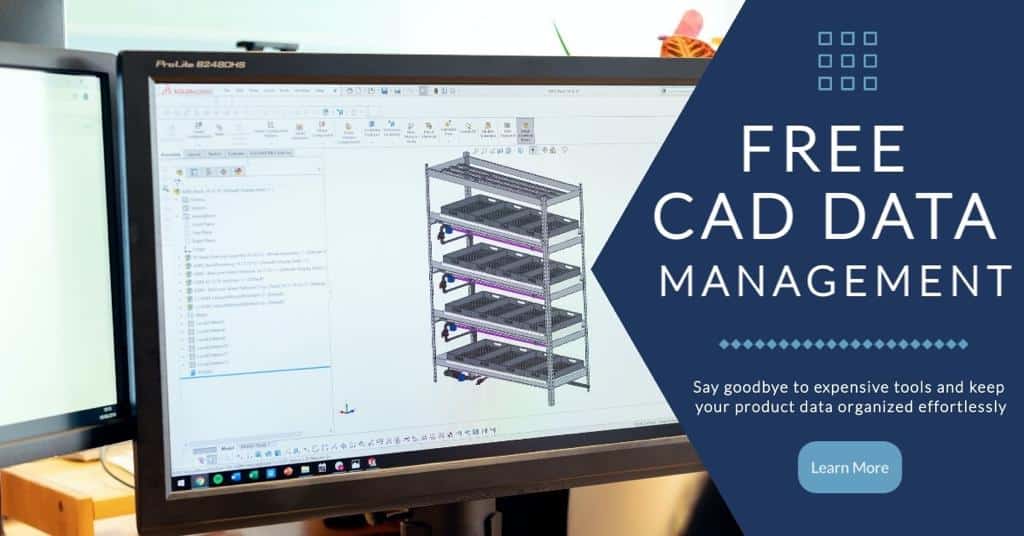
Taking your product idea from concept to product launch and successfully selling your product takes a lot of work. In the last few years, crowdfunding campaigns have become a great way for startups to raise pre-orders to help finance production and to get some great marketing.
In addition to this, crowdfunding campaigns, like Kickstarter have given startups feedback on whether or not people are willing to pay for their product before the company needs to invest in expensive tools and producing products.
Yet, behind every successful crowdfunding campaign lies a crucial yet often overlooked component: the partnership with a reliable contract manufacturer (CM). The choice of a CM can make or break the fulfillment of a startup’s promises to backers and the long-term viability of its product.
In this blog, we will go over how startups should evaluate their future CMs and when they should engage with their CMs.
The Importance of Early Evaluation
If you have launched a Kickstarter then you know that time goes by quickly. So, where exactly should you evaluate your CM during your product launch?
While this does depend on your product, it’s always good to have a supplier lined up before you launch your campaign. You don’t necessarily need to have opened production tools with them but you need to at least have an understanding of who you will use and what their costs look like.
Early evaluation allows startups to lay the groundwork for a seamless transition from prototype to production. It’s also not a bad idea for your CM to build the prototypes that are used in the marketing campaigns for your crowdfunding campaign.
By engaging with CMs in the early stages of product development, startups gain invaluable insights into manufacturing feasibility, cost projections, and production timelines. This proactive approach empowers startups to make informed decisions and preempt potential roadblocks before they escalate into costly delays.
Moreover, the early involvement of CMs fosters a collaborative partnership rooted in mutual understanding and shared objectives. By aligning expectations and establishing clear communication channels from the outset, startups and CMs can navigate the complexities of the manufacturing process with confidence and cohesion.
The Importance of Due Diligence
For hardware startups, being ignorant and unprepared is a recipe for disaster. Before embarking on the exhilarating journey of crowdfunding campaigns, startups must invest ample time and resources in thorough research and due diligence when selecting a CM.
This process begins with a comprehensive evaluation of potential CMs, scrutinizing factors such as industry reputation, manufacturing expertise, and track record of delivering quality products on schedule for crowdfunding campaigns. Startups should leverage a combination of online resources, industry networks, and referrals to compile a shortlist of reputable CMs with proven credentials and capabilities.
Furthermore, startups must conduct site visits and in-depth interviews to assess the facilities, production processes, and quality control measures of prospective CMs firsthand. This hands-on approach not only provides valuable insights into the CM’s operations but also fosters personal connections and rapport between the parties involved.
Ultimately, the success of a crowdfunding campaign hinges on the foundation of trust and transparency established between startups and CMs. By investing in research and due diligence, startups can mitigate risks, optimize outcomes, and set the stage for a fruitful partnership that transcends the confines of a single campaign.
Factors to Consider When Evaluating Contract Manufacturers
When searching for a CM you will need to evaluate them a bit differently than if you are a Fortune 500 company or if you have had steady revenue from previous products. CMs will also be more skeptical to take a risk on your product because there is nothing guaranteed with crowdfunding campaigns and startups in general.
Here are just a few factors to consider when evaluating CMs.
Quality and Expertise in Manufacturing Hardware Products
One of the foundational pillars of a successful partnership between a startup and a CM lies in their proficiency and track record in manufacturing hardware products. Assessing the CM’s expertise involves scrutinizing its experience with similar products, understanding its quality control measures, and evaluating the reliability of its output.
Startups should prioritize CMs that demonstrate a deep understanding of their industry-specific requirements, possess relevant certifications and accreditations, and showcase a commitment to continuous improvement and innovation. By selecting a CM with a proven track record of delivering high-quality products, startups can instill confidence in their backers and uphold their reputation for excellence.
Capacity and Scalability to Meet Production Demands Post-Campaign
The allure of a successful crowdfunding campaign lies not only in its ability to raise pre-orders but also in its potential to catalyze exponential growth and demand for the startup’s product.
Keep in mind that the original order will most likely be smaller. You need to find a CM that is willing to offer you a lower minimum order quantity (MOQ) in return for more orders with greater volumes. Startups must also must partner with CMs equipped with the capacity and scalability to accommodate surges in production volume post-campaign. You don’t want to find a CM that’s too small to scale up but also a CM that is not willing to accept smaller MOQs.
Assessing the CM’s production capacity involves evaluating factors such as manufacturing capabilities, workforce scalability, and equipment redundancy. Startups should engage in open dialogue with CMs to understand their capacity constraints, production lead times, and contingency plans for scaling operations in response to fluctuating demand.
By aligning production capabilities with anticipated growth trajectories, startups can mitigate the risk of supply chain disruptions, minimize lead times, and capitalize on opportunities for market expansion with confidence and agility.
Cost Structure and Pricing Transparency
Cost considerations play a pivotal role in shaping strategic decisions and driving long-term profitability. When evaluating CMs, startups must conduct a comprehensive analysis of the CM’s cost structure, pricing models, and value proposition to ensure alignment with their budgetary constraints and financial objectives.
Startups should seek CMs that offer transparent pricing mechanisms, clearly delineating the cost breakdown for materials, labor, overheads, and profit margins. Additionally, startups should factor in extra expenses such as tooling, packaging, and transportation when assessing the overall cost of production.
By engaging in a transparent dialogue and negotiating favorable terms, startups can optimize cost efficiencies, maximize return on investment (ROI), and position themselves for sustainable growth and profitability in the competitive marketplace.
Flexibility and Responsiveness
If you are a CM working with a company that is running a crowdfunding campaign then they need to be prepared for a bit more handholding. For a CM, this might be a bit more uncomfortable if they are not used to this. Startups will also be a bit more demanding because their reputation does depend on it. However, CMs view this as a risk because there is no history of revenue and success.
Startups must partner with CMs capable of accommodating evolving requirements, responding to unforeseen challenges, and implementing iterative changes throughout the manufacturing process.
Assessing the CM’s flexibility involves evaluating its willingness to accommodate customization, iterate on prototypes, and implement design revisions in response to user feedback and market trends. Startups should prioritize CMs with streamlined communication channels, robust project management systems, and a culture of collaboration and innovation.
By fostering a culture of openness, flexibility, and continuous improvement, startups, and CMs can navigate the complexities of the manufacturing landscape with resilience and resourcefulness, positioning themselves for sustained success and growth in the dynamic marketplace.
Conclusion
The journey from prototype to production is fraught with challenges, uncertainties, and opportunities. As startups embark on the exhilarating quest of launching crowdfunding campaigns, the choice of a reliable CM emerges as a pivotal determinant of success, shaping the trajectory of their entrepreneurial endeavors and the fulfillment of their promises to backers.
At its core, the partnership between startups and CMs embodies the essence of collaboration, trust, and shared vision, catalyzing the transformation of bold ideas into tangible realities that enrich and inspire communities around the globe. By embracing the principles of transparency, communication, and continuous improvement, startups and CMs can navigate the complexities of the manufacturing landscape with resilience, resourcefulness, and unwavering commitment to excellence.
As hardware startups embark on the exhilarating journey of entrepreneurship, let us heed the lessons of the past, embrace the challenges of the present, and seize the opportunities of the future with courage, conviction, and unwavering determination. Together, let us dare to dream, dare to innovate, and dare to redefine the boundaries of what is possible, igniting a spark of creativity and inspiration that illuminates the path toward a brighter, more sustainable future for generations to come.
OpenBOM is a cloud-based PDM & PLM platform to manage your engineering and manufacturing data. Companies from startups to Fortune 500s use OpenBOM to create a centralized database to bring in, store, and manage their manufacturing data. With this infrastructure, users also use OpenBOM to streamline both their change management and PO processes.
If you need to improve the way you manage your data and processes, share data instantly, or collaborate with contractors and suppliers. Contact us today for a free consultation.
By: Jared Haw
Join our newsletter to receive a weekly portion of news, articles, and tips about OpenBOM and our community.











